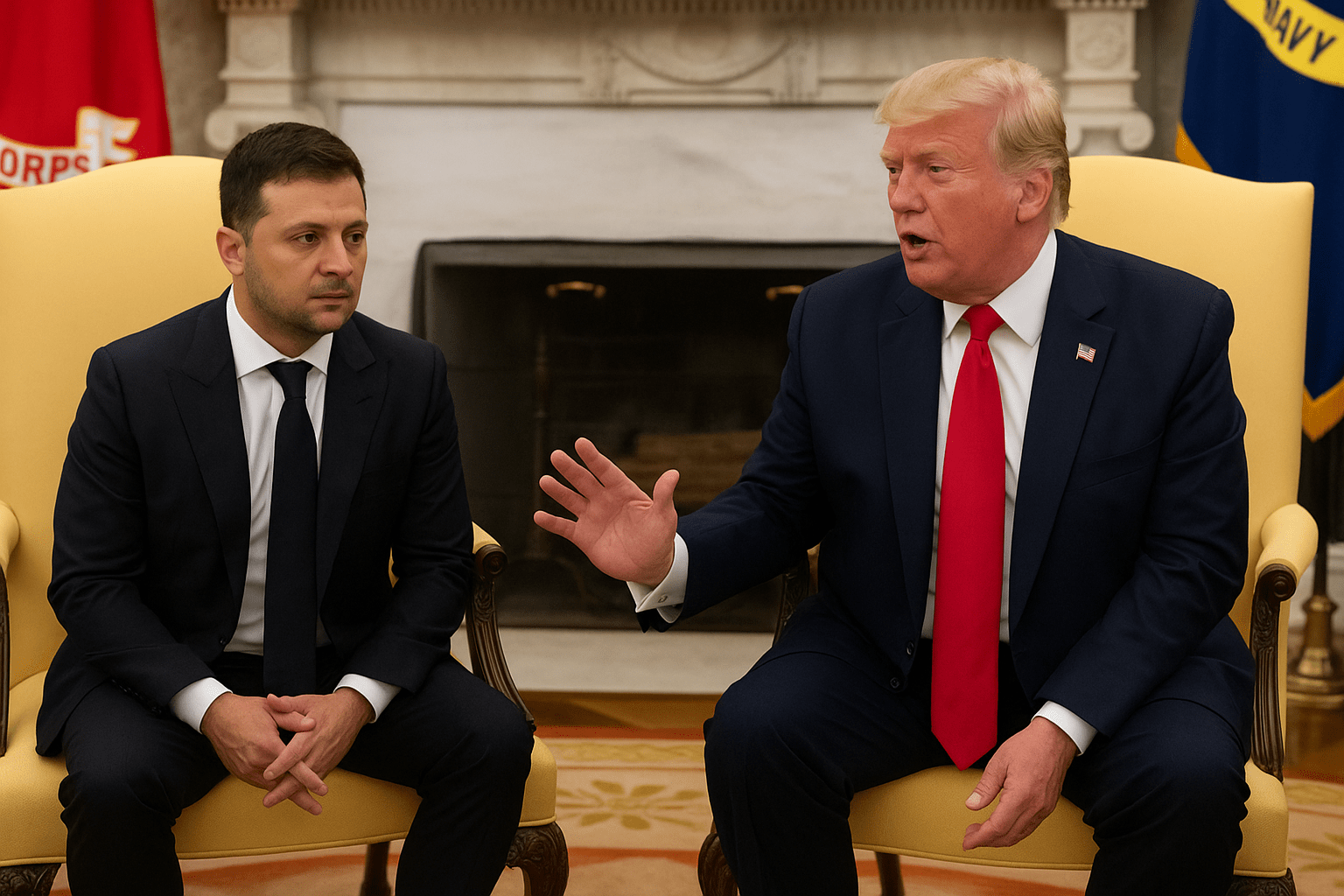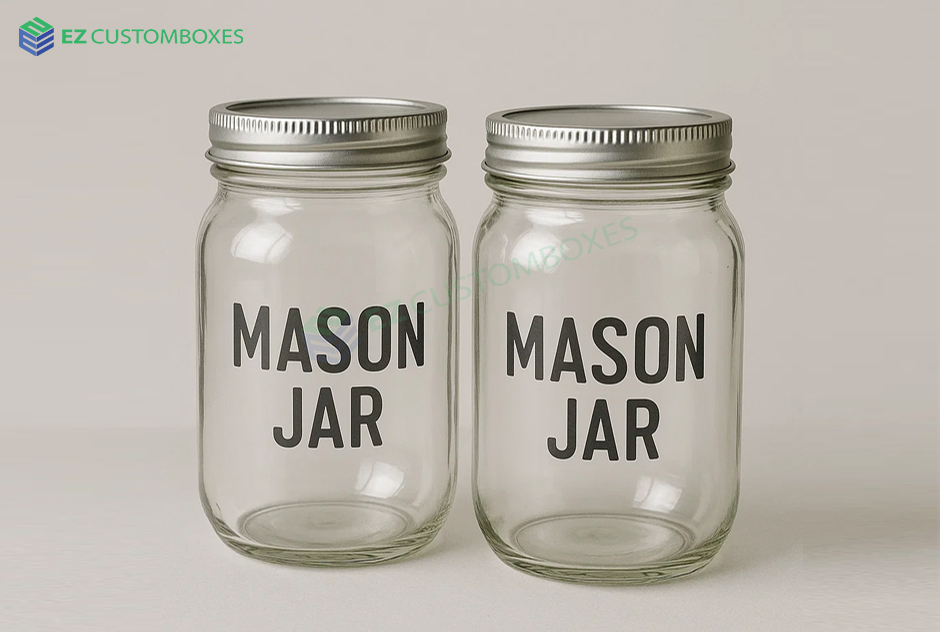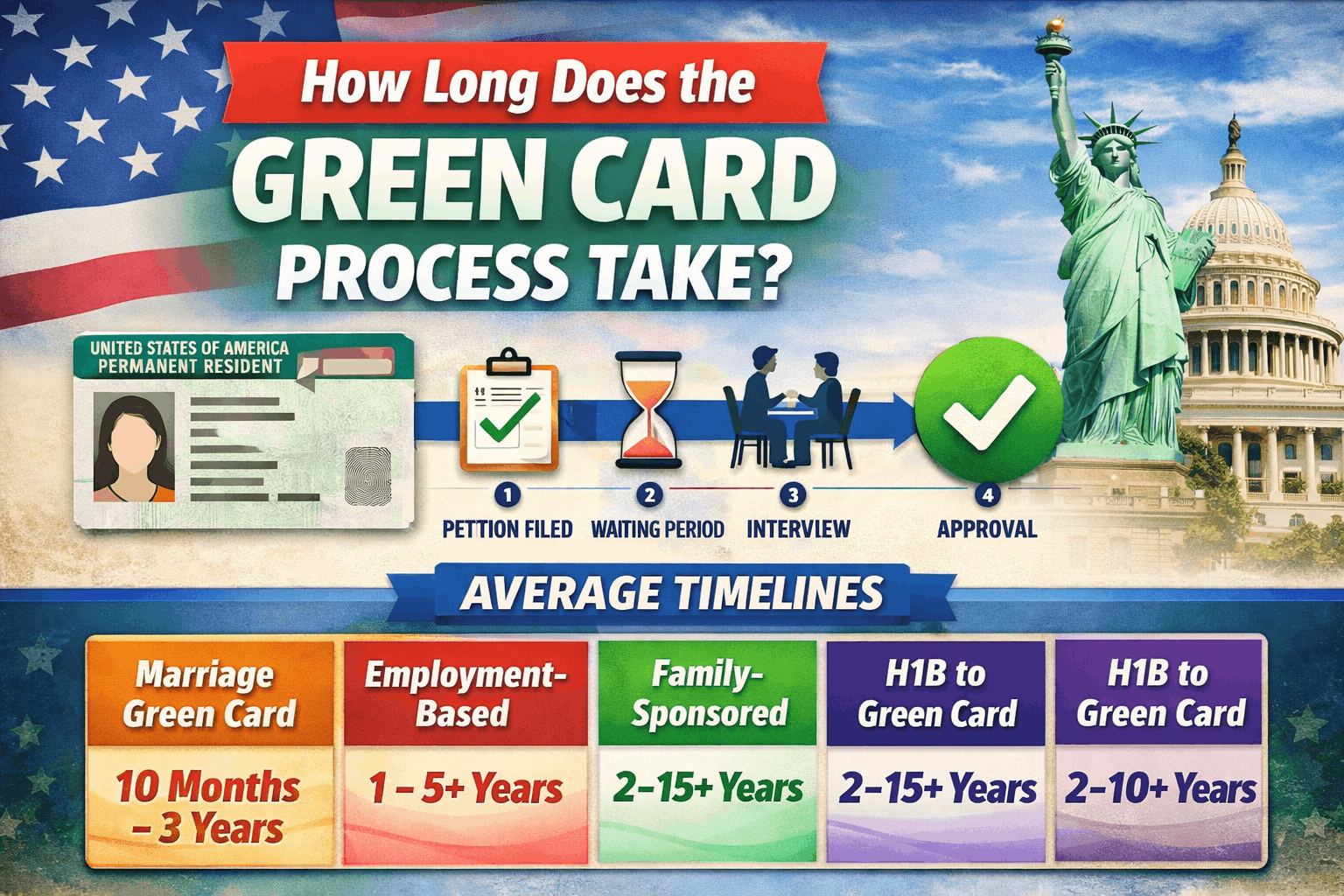|
Getting your Trinity Audio player ready... |
The Trump Zelensky meeting inside the Oval Office has ignited worldwide debate. Donald Trump declared that Ukrainian President Volodymyr Zelensky could stop the Russia-Ukraine war “almost immediately” if he wanted to. His words carried heavy weight as Zelensky prepared for high-stakes negotiations not only with Trump but also with European leaders, including U.K. Prime Minister Sir Keir Starmer.

Trump’s remarks instantly reshaped the conversation in Washington. By arguing that Zelensky should accept Crimea as permanently lost to Russia and abandon any hope of NATO membership, Trump positioned himself as a dealmaker ready to end the war. Yet, his stance drew sharp criticism from allies who fear such concessions would reward Russian aggression.
White House Pressure
During the Trump White House meeting, the former president suggested Zelensky could strike peace quickly if Kyiv agreed to Moscow’s demands. Trump emphasized that “Ukraine will not join NATO,” echoing one of the Kremlin’s long-standing goals.
But Zelensky and European leaders remain defiant. Sir Keir Starmer, along with France’s Emmanuel Macron, Germany’s Friedrich Merz, Italy’s Giorgia Meloni, and Finland’s Alexander Stubb, plan to pressure Trump not to give Vladimir Putin the upper hand. Their collective mission is to secure firm U.S. security guarantees that will protect Ukraine without forcing it to surrender its sovereignty.
NATO Debate
The Zelensky NATO membership question has become the centerpiece of this geopolitical chess match. Trump argues Ukraine’s exclusion from NATO could unlock peace, while NATO leaders insist Kyiv is on an “irreversible path” to joining the alliance.
British minister Stephen Kinnock underscored the principle of sovereignty, stating: “Ukraine’s path to NATO cannot be dictated by any other country.” His message resonates strongly across Europe, where leaders insist any decision about Ukrainian territory must remain in Ukrainian hands.
Putin Factor
Trump’s envoy Steve Witkoff revealed that last week’s Trump Putin Ukraine talks opened new ground. Witkoff described the dialogue as “game-changing,” claiming it was the first time Russian officials signaled a willingness to accept NATO-style security guarantees for Ukraine without formal membership.
According to Witkoff, Trump believes the United States could extend “Article 5-like protections” to Kyiv, effectively deterring Russia from future invasions while keeping Ukraine outside the NATO treaty framework. Whether Putin will uphold such an understanding remains uncertain, but the idea signals Trump’s intention to rewrite the rules of transatlantic security.
Zelensky’s Stand
Despite Trump’s insistence, Zelensky refuses to bow. The Ukrainian president declared that no peace deal can mirror past failures, when Ukraine was forced to give up Crimea and parts of Donbas only to face renewed Russian assaults later.
“With firmness, Zelensky declared, “Russia must end the war it started.”. He added that only united pressure from America and Europe can force Moscow into “real peace.” His words reflect a determination not to repeat mistakes that allowed Putin to regroup and attack again.
Strategic Gamble
Inside the Oval Office, Zelensky faces a difficult choice. Reports suggest Trump may urge him to accept Russian control over Donetsk and Luhansk, two resource-rich regions currently dominated by Moscow’s forces. In return, Russia would withdraw from other occupied territories and accept guarantees meant to prevent further escalation.
This potential bargain highlights the stakes of the Trump Zelensky Russia war negotiations. Accepting such terms could bring an end to hostilities, but at the cost of Ukrainian land and long-term security. Rejecting them could prolong the bloodshed, leaving Ukraine dependent on Western aid and military support.
MUST READ THIS – Ukraine Peace Negotiations: Trump’s Tough Demands Shake Global Politics
Allies React
European allies approach this moment with both urgency and caution. Leaders remember the last Trump Zelensky meeting at the White House, which sparked controversy when U.S. aid to Ukraine was temporarily frozen amid political disputes. Today, they fear another breakdown could leave Ukraine exposed while emboldening Putin.
For America, the stakes are equally high. The US Russia Ukraine news cycle now revolves around whether Trump will stand firm with NATO allies or pivot toward a more isolationist, deal-making approach.
Shaping Policy
The outcome of this week’s discussions could reshape Trump foreign policy Ukraine strategy if he secures power again. Will he push for a rapid ceasefire, even if it means Ukrainian concessions? Or will he balance peace efforts with iron-clad security commitments to Kyiv?
What’s clear is that this Trump Zelensky meeting is more than a symbolic handshake. It’s a pivotal test of U.S. leadership, European unity, and Ukraine’s survival in the face of Russian aggression.







